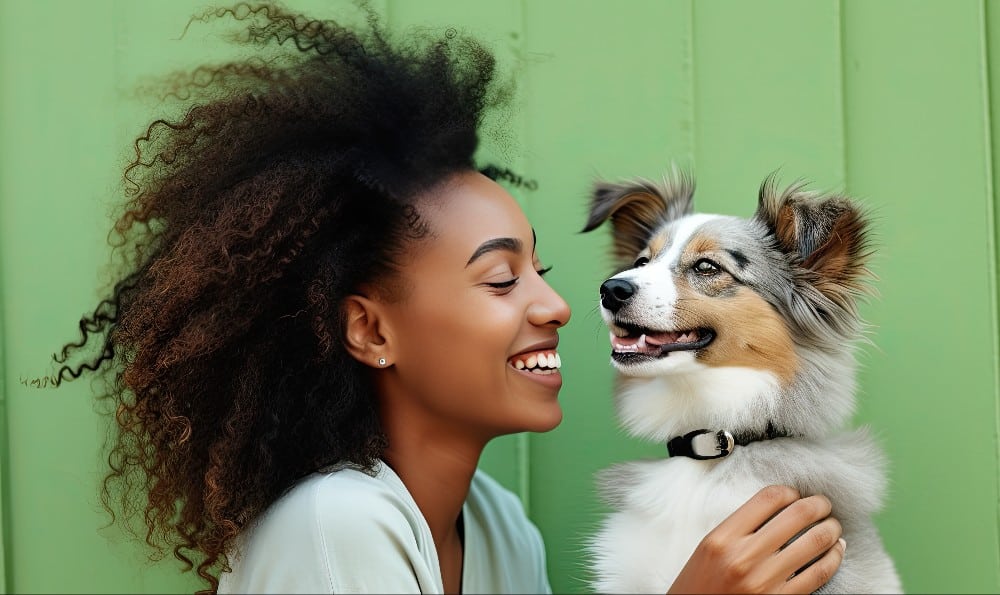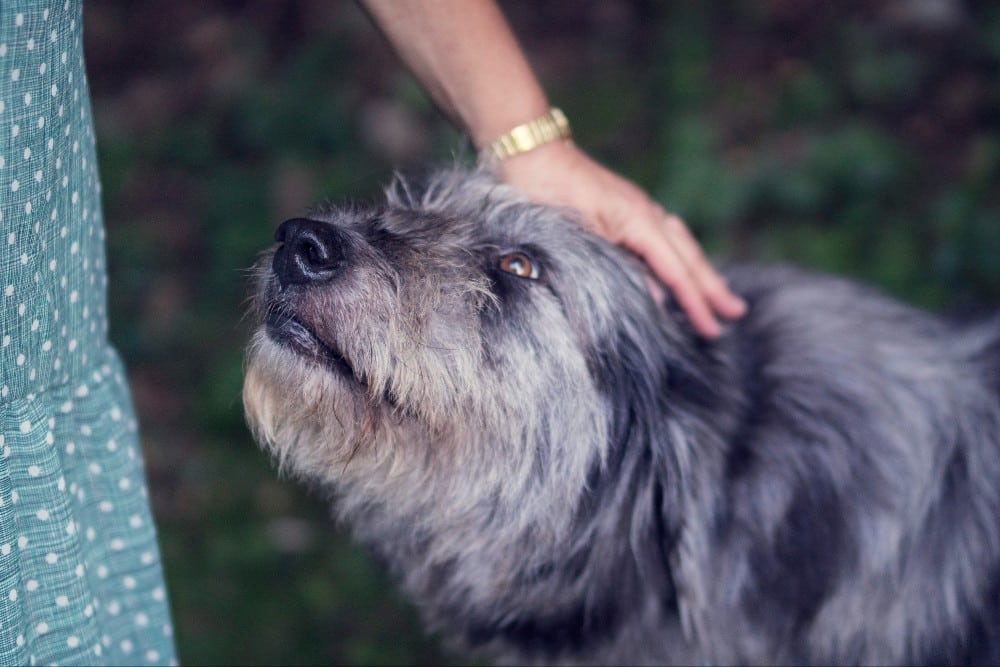When you leave your home, guilt can take over your body. Your dog looks at you with puppy eyes, begging you not to leave him behind. Would welcoming a second four-legged friend solve this issue?
As a kid, growing up, we had one dog, a Chihuahua named Chloe. There was my sister and I to entertain our pup, exercise her and get into trouble with her.
When my parents became empty nesters and Chloe passed, they decided to get another Chihuahua named Boo. But this time there was no longer two kids to provide attention to our dog, so they decided to get her a friend — a brother named Fido.
According to my father, it was the right move.
“Before we got our second dog, our first dog was distraught when we left and didn’t socialize well with other dogs,” he told me. “Now she has more energy, plays well with others and most importantly a brother and best friend.”
Related: Snips, Snaps and Snarls: 5 Tips to Help Prevent Dog-on-Dog Aggression
He also adds that having another dog helped reduce anxiety, loneliness and overall improves the dog’s quality of life.
And while having two dogs was the right situation for my parents, it may not be the best solution for everyone.
Check out below for the the pros and cons of getting another dog.
Pros
Companionship
Dogs are pack animals and are bred to be social. They need the security and leadership a pack can give them, and in many cases humans become their pack in a single-pet household.
However, most people today have chaotic, active lifestyles and maintaining daily routines can be very difficult – causing dogs to feel anxious.
A second dog can have a major positive impact in your pet’s life, says veterinarian Dr. Lisa Aumiller of HousePaw. “A second pet allows the two dogs to become a pack and have their own rhythm and routine that dogs like young children need.”
Reduces stress and anxiety
Solitary confinement can make a dog unhappy, worried and stressed. Again, dogs are sociable animals and being left alone for hours on end can cause many pups to become stir crazy. This can result in destructive behavior, like chewing and incessant barking.
Related: The Bogeyman Syndrome: How to Overcome the 5 Most Common Dog Phobias
A second dog can reduce stress and anxiety — and save you your expensive shoes. With a second dog, your dogs will often be more content and at ease when left alone; therefore, reducing stress and improving their overall wellbeing.
“As in humans, chronic stress leads to many health issues,” says Dr. Lisa Aumiller. “So, I do believe allowing your pet to have a healthy relationship with another pet is beneficial.”
Socialization with other dogs
No one wants to be that dog parent who has a pup that snarls, barks or cowers when other dogs are around.
Socializing your pup with other animals, especially other dogs, is essential to their emotional development. If you have a shy dog or one that shows fear aggression, a companion pup, especially a social one, could help boost her confidence and become more accepting of other animals.
Cons
Costs
Dogs can be expensive, and two dogs more or less is double the cost of one. According to dog-sitting company Rover, the annual cost per year for one dog is approximately $2858. That includes food, “gear,” veterinary care, among other expenses.
One way to protect yourself from potentially costly veterinary expenses is to get insurance, which can help in circumstances that can drain one’s bank account. Also, brushing your dogs’ teeth, having regular check ups and staying up-to-date on vaccinations can help prevent costly health issues.
May not get along
Your dream of having best friends may not become a reality. Your dogs may just tolerate each other, or at the worst, hate each other. It is instinctual for the dogs to compete to see who is first in the pack order. Dr. Lisa Aumiller recommends a meet and greet prior to adopting a new pet. “Take the two dogs to a large open area that is close to the adoption place and on neutral ground.”
Another thing to consider is that your second dog should have equal or less energy that your first dog. This will make it easier on your first dog. Dr. Lisa Aumiller recommends observing many dogs and look for the dog that is not most dominant of the bunch. “Pick the puppy that seems to be listening to reacting submissively or ‘listening’ to its Mom and littermates.” This will help you find a more compatible sidekick for your first dog.
Related: Our Top 6 Large Breed Dogs for Kids
Twice the mischief
Like children, two pups can encourage each other to get into all sorts of mischief. Dogs can be messy animals, and if you aren’t comfortable with the occasional cleanup or chewed up item, having two dogs may not be the best option for you.
To help combat this, new dogs or puppies should probably spend the first few days or weeks in a restricted area to get acclimated to their new surroundings. Crate training can definitely help.
Also, don’t leave things lying around and dog-proof your home so that your curious duo don’t get in trouble exploring the home.
(In no way are these tips a substitute for professional advice you’d receive from a trainer or veterinarian. Contact a professional before deciding about adding another dog to your family)




















